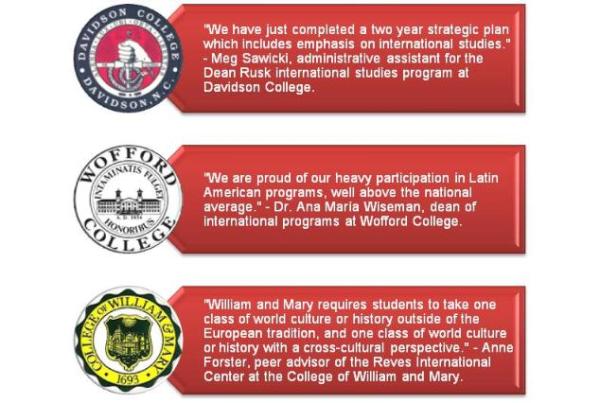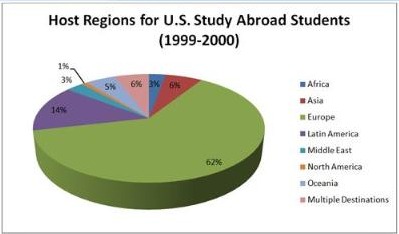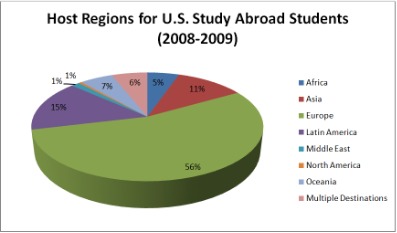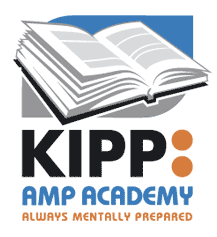Ashley Fahey

Between leading a normal life as a college student, Elon sophomore Leigh Burgess is actively involved with EMT work. Image courtesy of Leigh Burgess.
During spring break of her junior year in high school, EMT technician and current Elon student Leigh Burgess didn’t think she would be delivering a baby. But that’s exactly what she did.
“I gave new life to the world. I was 17 years old and I delivered a baby,” she said.
Burgess, a sophomore at Elon, has worked as an EMT for three and a half years in her hometown of Morris Plains, N.J. Between her studies, a part-time job and a social life, Burgess found time to work 12-hour shifts, sometimes in the middle of the night during the week. She ran out to answer EMT calls, many of which were emotionally and mentally taxing.
“There is no standard job description for what you do as an EMT,” said Burgess. “You have to know what to do in every scenario or know what questions to ask. You have to have the right frame of mind. It’s definitely not for everyone.”
But Burgess knew that being an EMT was something she wholeheartedly wanted to do.
“I think, subconsciously, it gave me a chance to help a lot of people that I couldn’t help in my own life,” said Burgess. “EMT was a way for me to soothe my conscience and help families in a way I couldn’t usually help. I was also fascinated by the thrill of the adventure.”
She began her EMT training junior year of high school, in which she had to go through once-a-week training on Sundays, state-mandated training, a five-week course and an accelerated class to earn EMT certification for three years. Once the three years end, recertification courses must be taken, as the medical world is constantly changing and EMTs must be up to date on what is going on.
“It’s an ongoing process of training and renewing,” said Burgess. “The CPR world changes every year.”
Burgess is currently EMT certified through December of this year and she plans to get recertified.
“I’m going to get re-certified, but I’m pretty sure after those three years, I won’t be able to keep it up,” she said. “EMT is a big part of who I am, but I think it’s going to come to a point where I won’t have the time. I think it’s a natural phasing out because, right now, I don’t have a full-time job but when I am working full-time, it will be hard to fit it in.”
According to Burgess, she is also the only non-medical student on her squad. Instead, she is studying strategic communications, which isn’t likely to coincide with the EMT world.
But Burgess’ experiences have become a part of her, and she said she has learned life lessons she never would have learned otherwise, if she had never become an EMT.
“I love EMT,” she said. “I do it mainly because it makes me feel like I’m helping people, but it’s also about the thrill of it. It’s a huge rush. It’s a level of excitement and adrenaline, and it’s an adventure.”
Leigh Burgess talks about the best life advice she has ever received, which came from her dad.
One of Burgess’ biggest adventures was delivering a baby during spring break of her junior year. It is an experience she will never forget.
“It is the most memorable experience because life is most heinous,” she said. “It is the most disgusting thing. It was the most visually scarring and explicit experience of my life. It’s like the worst sci-fi movie you have ever seen. That’s why I remember it. Not because there was a beautiful baby girl brought into the world at three in the morning, but because it was the most grotesque thing I have ever seen.”
Many other experiences Burgess has had as an EMT have stayed with her. Another incident that has stayed with her happened her senior year of high school, when her squad received a call about a crashed vehicle with multiple passengers and possible entrapment.
“It was scary for me because we were at a football game on standby, and it could have been any of my friends,” said Burgess. “We drove to the accident and found an SUV with a bunch of girls that had spun against trees until it was totaled. Some girls had managed to get out and others were stuck inside. These girls who were 15-17 years old were holding each other and screaming.”
She said they brought the girls into an ambulance and drove them to the emergency room. But it was bringing them to the pediatric center that stuck the biggest note with Burgess.

Leigh sits outside of Sloan dormitory, where she lives with many of her communications fellow friends. Image courtesy of Leigh Burgess.
“The pediatric center was bright, with colorful paintings and ceiling tiles,” she said. “The contrast between the room we were in and the age of these girls was striking because, when you’re in high school, you don’t see yourself as a child, but you are medically.”
Burgess said bringing the girls into the bright pediatric room reminded her of the fragility of life.
“A lot of times, it’s really easy to remove yourself from a situation because there is no direct link,” she said. “But the girls were close to my age and it made the situation a lot more personal and heavy. To be able to drive and to be responsible for others’ lives, but not being old enough to be in a real hospital room, was a novel contrast setting.”
Adam Boxell is a lieutenant of the Morrisville Minutemen, the EMT squad of which Burgess is a part. He said working with her has been a great experience.
“Leigh is a one-of-kind, smart young lady who always knows how to brighten a mood,” said Boxell. “Having worked at the same EMS agency as Leigh, I’ve done quite a bit of EMS work with her. She’s actually one of the people who had an active role in training me. Considering I’m a lieutenant now, I’d say she did a pretty good job.”
Burgess is known by her fellow EMT technicians and Elon peers for her upbeat, outgoing personality, despite the horrors she has witnessed in her career as an EMT.
“I met Leigh working at WSOE,” said Logan Dunn, a sophomore. “She’s quite the character and such a fun, spunky person, too. And when it comes to helping friends, she’s like the giving tree.”
Boxell described a memorable experience in witnessing Burgess doing her EMT work, something that he distinctly remembers to this day.
“During my first call as being a lead EMT, we had a patient who was having a panic attack and hyperventilating,” said Boxell. “I tried everything I could to calm the patient down. Nothing worked. Then Leigh, who seemed like she wasn’t even trying, managed to talk to the patient and calm her down. By the time we reached the hospital, the patient had slowed her breathing and seemed just fine.”
And although Burgess doesn’t officially do EMT work at Elon, she has helped people in emergency situations at the university.
“During the Greek Week dance competition, she rushed to the guy’s side when he was thrown into the air and landed on his head,” said Dunn. “They had to stabilize him for 30 minutes or so.”
Burgess said being an EMT has allowed her to look at life with a new perspective.
“The biggest thing I’ve seen from the people I work with is realizing how good at heart people can be,” she said. “There is something more to EMT, a driving force that is pushing you to get out of bed and power through a long shift. There’s something greater than just volunteering. The best thing about EMT is the humanity and compassion someone can have for a complete stranger, which is not seen in everyday society, but you see it every time you do EMT work.”

























